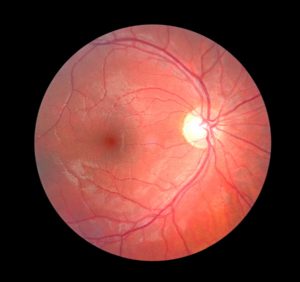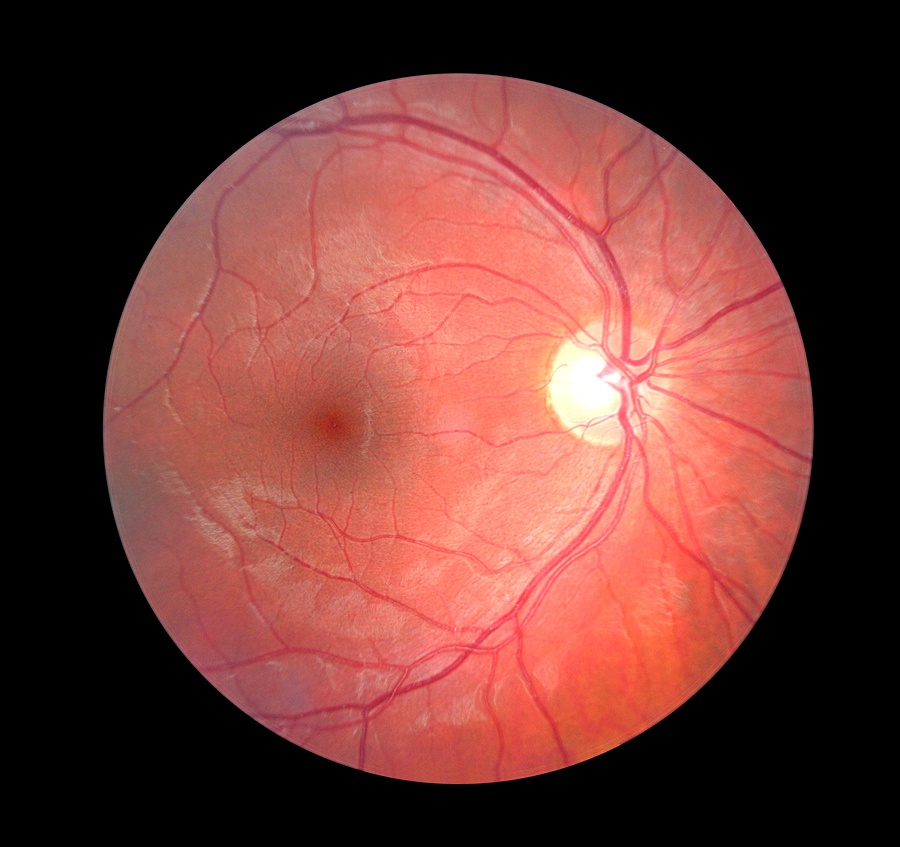Floaters appear as specks or dark spots that float around in your field of vision. They are most apparent in bright lights or white backgrounds. They move away as you try to look at them, and they float in and out of your vision when your eye stops moving.
As much as you try, you can’t make them go away. They are so annoying!
Floaters are small, suspended protein fibers that form within the gel that occupies the back part of the eye. The vitreous gel fills about 80 percent of the eye and is firmly attached to the walls of the eye. Throughout life, the gel starts to shrink and liquefy. Eventually, it separates from the retina and forms strands and bubbles that cast tiny shadows on the retina. This is what you perceive as a “floater.”
Floaters are a part of the natural aging process, but there are other, more serious causes of floaters. Infection, inflammation, hemorrhage, retinal tears or detachments can cause similar symptoms. It is important for you to have a dilated eye exam so these other causes can be ruled out.
“Floaters are small, suspended protein fibers that form within the gel that occupies the back part of the eye”
 Floaters are usually not treated with drops or surgery. Once you realize there is nothing medically wrong, your brain will start to ignore floaters, and with time and gravity they float down to the bottom of your eye. This process may take months to occur, and floaters still may interfere with your vision at times.
Floaters are usually not treated with drops or surgery. Once you realize there is nothing medically wrong, your brain will start to ignore floaters, and with time and gravity they float down to the bottom of your eye. This process may take months to occur, and floaters still may interfere with your vision at times.
A vitrectomy, a surgery to remove part of the vitreous from the eye, is usually performed to treat a number of retinal conditions. It is not performed routinely to remove floaters, even though it sometimes does, because the risks of the procedure outweigh the benefits. It is not guaranteed that the procedure will eliminate all floaters from the eye anyway.
There are some new injectable medications that can help dissolve vitreous traction for some patients. Learning to live with floaters can be difficult, but it is important to realize they are nothing more than a natural aging change in the eye.







Recent Comments